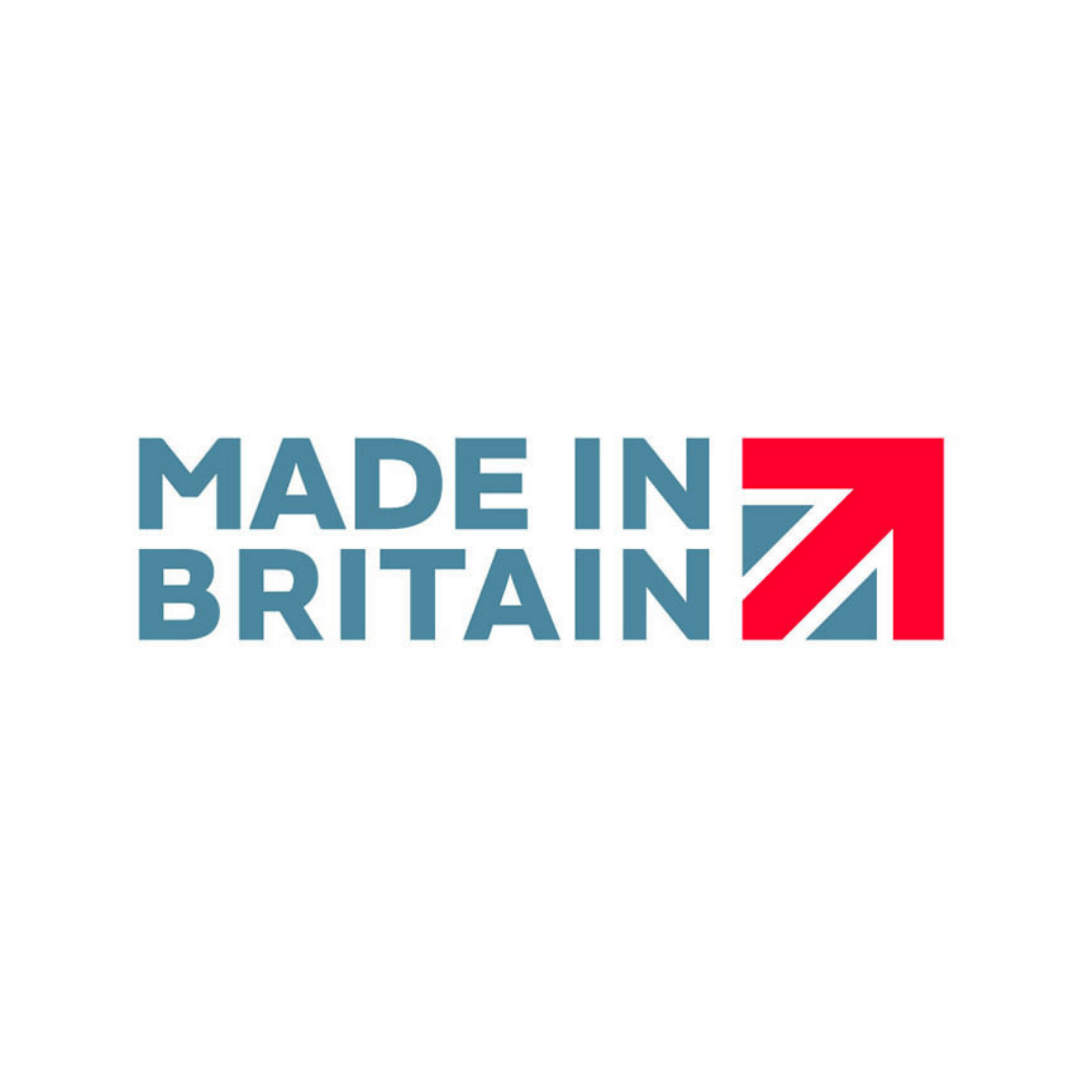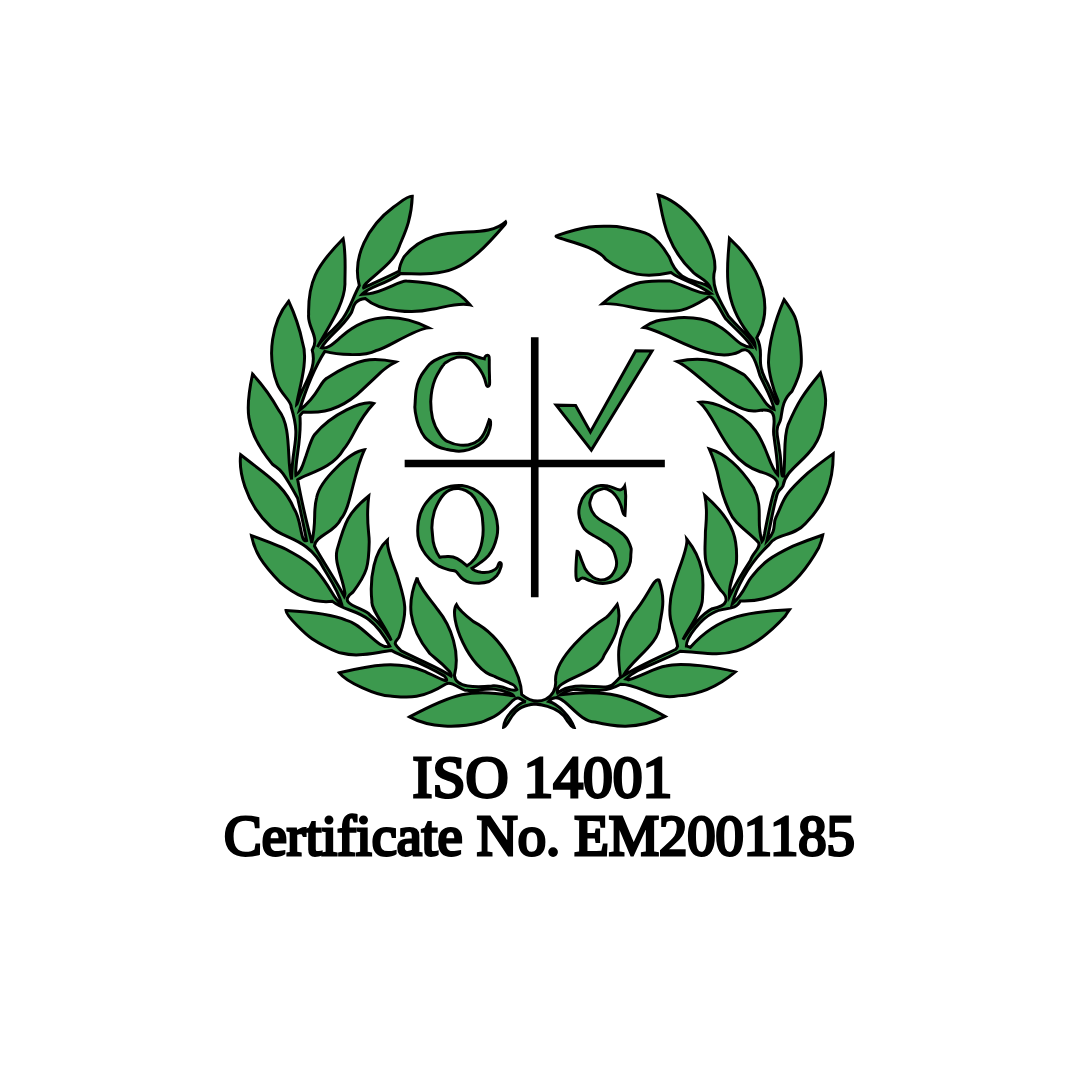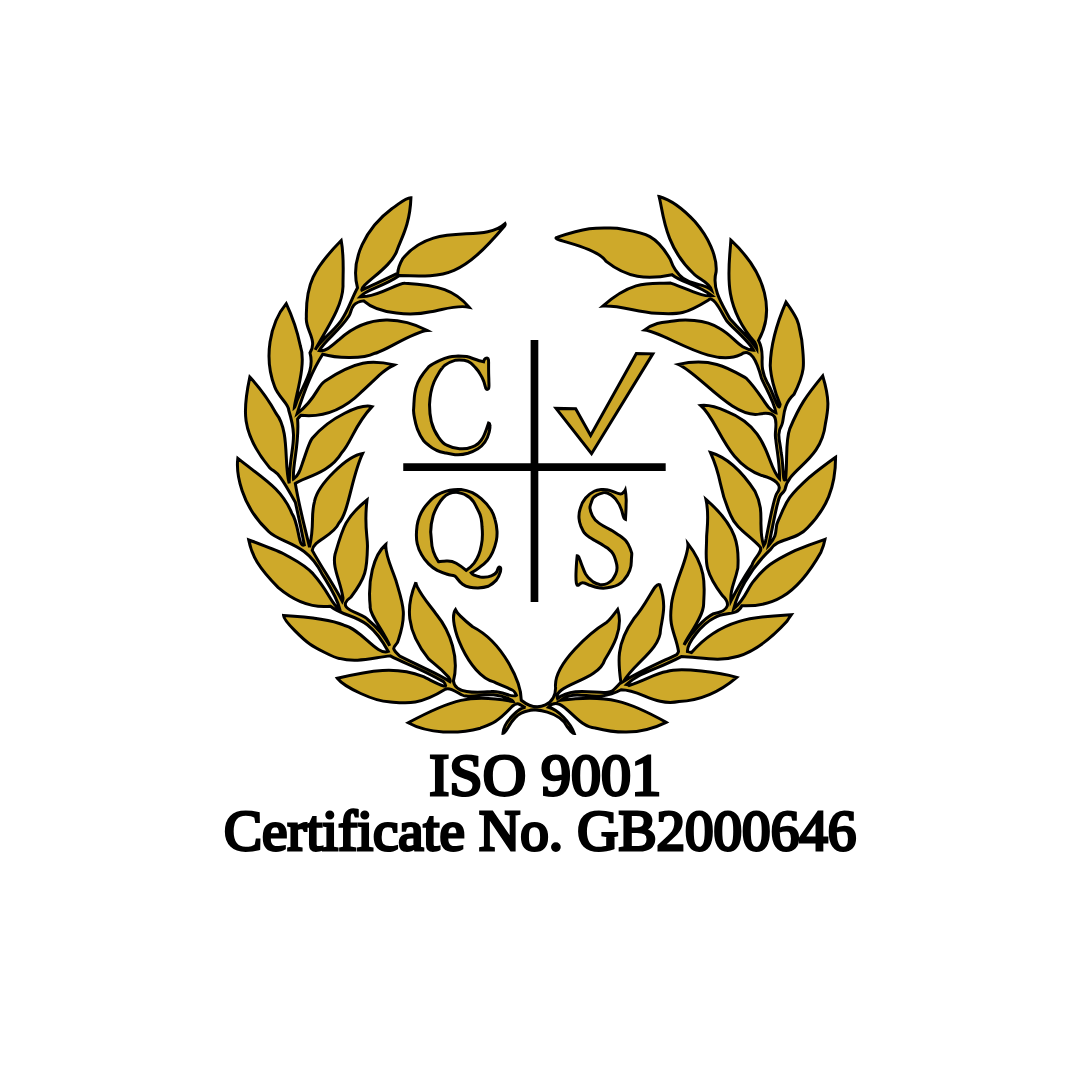
Modern Slavery (Anti Slavery and Human Trafficking) Policy
This policy relates to the group encompassing both Esquire Glass (Mcr) Ltd and Witham Glass Merchants Ltd, and will be referred to as the Company from herein.
Purpose
Modern slavery is a crime and violation of fundamental human rights. It take various forms, all being the deprivation of a person’s liberty by another in order to exploit them for personal or commercial gain:
Slavery - exercising powers of ownership over a person
Servitude – the obligation to provide services imposed by coercion
Forced or compulsory labour – work or services are exacted from a person under the menace of any penalty and for which the person has not offered themselves voluntarily
Human trafficking – arranging or facilitating the travel of another person with a view to their exploitation.
Our Company has a zero tolerance approach to modern slavery and we are committed to acting ethically and with integrity in all our business dealings and relationships to implementing and enforcing effective systems and controls to ensure modern slavery is not taking place anywhere in our business or in any of our supply chains.
The Company is also committed to ensuring there is transparency in our own business and in our approach to tackling modern slavery throughout our supply chains, consistent with our disclosure obligations under the Modern Slavery Act 2015. We expect the same high standards from all our contractors, suppliers and other business partners. As part of our contracting processes we include specific prohibitions against the use of forced, compulsory or trafficked labour, or anyone held in slavery or servitude, whether adults or children, and we expect that our suppliers will hold their own suppliers to the same high standards.
The Company does not enter into business with any organisation in the UK or abroad which knowingly supports, or is found to be involved in slavery, servitude and forced or compulsory labour.
To whom this applies
This policy applies to all persons working for within the Company or on our behalf in any capacity, including employees at all levels, directors, agency workers, contractors, external consultants, third part representatives and business partners. This policy does not form part of any employee’s contract of employment and may be amended at any time.
Related policies and procedures
This policy interacts with the following workplace policies and procedures which can be found in the Staff Handbook and on Bright HR:
- Whistleblowing policy
- Anti-harassment and bullying policy
- Anti-corruption and bribery policy
- Grievance procedure
- Child labour and remediation policy
Responsibility for policy
The group Managing Director has overall responsibility for ensuring this policy with senior management and managers having a day to day responsibility to ensure compliance with our legal and ethical obligation.
Management at all levels are responsible for ensuring that those reporting to them understand and comply with this policy, and are given adequate and regular training on it and the issue of modern slavery in supply chains. We all have a responsibility to ensure that fellow workers are safeguarded, treated fairly and with dignity.
The company will:
(a) Maintain clear policies and procedures preventing exploitation and human trafficking, and protecting our workforce and reputation
(b) Examine our supply chains and be clear with key suppliers our expectations regarding the Act
(c) Lead by example by making appropriate checks on all employees, recruitment agencies, suppliers, etc to ensure we know who is working for us
(d) Ensure we have in place an open and transparent grievance process for all staff
(e) Seek to raise awareness so that our colleagues know what we are doing to promote their welfare
(f) Make a clear statement that we take our responsibilities to our employees and our clients seriously (see Anti-slavery statement)
Managers will:
(a) Listen and be approachable to colleagues
(b) Respond appropriately if they are told something that might indicate a colleague is in an exploitative situation
(c) Remain alert to indicators of slavery
(d) Raise the awareness and ensure all employees are trained and have access to this policy and be aware of their responsibilities
(e) Use their experience and professional judgement to gauge situations.
All employees:
We all have responsibilities under this policy. Whatever your role or level of seniority, you must:
(a) Keep your eyes and ears open—if you suspect someone (a colleague or someone in our supply chain) is being controlled or forced by someone else to work or provide services, follow our reporting procedure
(b) Follow our reporting procedure if a colleague tells you something you think might indicate they are or someone else is being exploited or ill-treated
(c) Tell us if you think there is more we can do to prevent people from being exploited.
Our Procedures:
Anti-Slavery Statement
We make a clear statement that we take our responsibilities to our employees, people working within our supply chain and our clients seriously, and this is updated once a year.
Supply Chains
We tell the companies we do business with that we are not prepared to accept any form of exploitation. From the date of this policy, all relevant supplier contracts will contain an anti-slavery clause. This clause, which flows down through all layers of our supply chain, prohibits suppliers and their employees from engaging in slavery or human trafficking. We apply reasonable due diligence to risk assessing our supply chain. If any issues are identified then this is escalated to the senior stakeholders in the business, with all methods of remediation to be available (up to and including exiting the relationship with the supplier).
Recruitment
We always ensure all staff have a written contract of employment, and that staff are legally able to work in the UK. We provide information to all new recruits on their statutory rights including sick pay, holiday pay and any other benefits they may be entitled to. If, through our recruitment process, we suspect someone is being exploited, the HR will be informed and the HR department will follow our reporting procedures.
Identifying Slavery
There is no typical victim and some victims do not understand they have been exploited and are entitled to help and support. However, the following key signs could indicate that someone may be a slavery or trafficking victim:
The person is not in possession of their own passport, identification or travel documents. The person is acting as though they are being instructed or coached by someone else. They allow others to speak for them when spoken to directly. They are dropped off and collected from work. The person is withdrawn or they appear frightened. The person does not seem to be able to contact friends or family freely. The person has limited social interaction or contact with people outside their immediate environment.
This list is not exhaustive. Remember, a person may display a number of the trafficking indicators set out above but they may not necessarily be a victim of slavery or trafficking. Often you will build up a picture of the person’s circumstances which may indicate something is not quite right. If you have a suspicion, report it to the HR Department who will follow our reporting procedures.
Reporting Slavery
If you think that someone is in immediate danger, dial 999.
Talking to someone about your concerns may stop someone else from being exploited or abused. If you are unsure and want to discuss your concerns in confidence before going down the formal reporting route, then you can use the Employee Assistance Programme through Bright HR Helpline (24 hour): 0800 0234742.
Any concern regarding exploitation must be shared with the Human Resources Manager who will decide a course of action which may include contacting the Police or the Gangmasters and Labour Abuse Authority.
Not all victims may want to be helped and there may be instances where reporting a suspected trafficking case puts the potential victim at risk, so it is important that in the absence of an immediate danger, you discuss your concerns first with the Human Resources Manager before taking any further action.
Communication and awareness of this policy
Training on this policy, and on the risk our business faces from modern slavery in its supply chains will be provided as necessary, and the policy made accessible on Bright HR.
Our zero tolerance approach to modern slavery must be communicated to all suppliers, contractors and business partners at the outset of our business relationship with them and reinforced as appropriate thereafter.
Monitoring of our policy
This will be reviewed annually and any amendments to the policy will be communicated as appropriate.
Updated LHL Sept 2021








